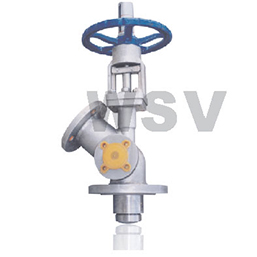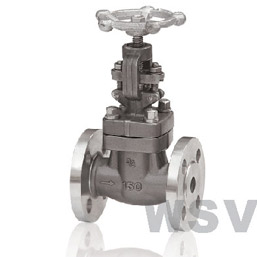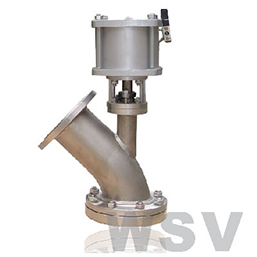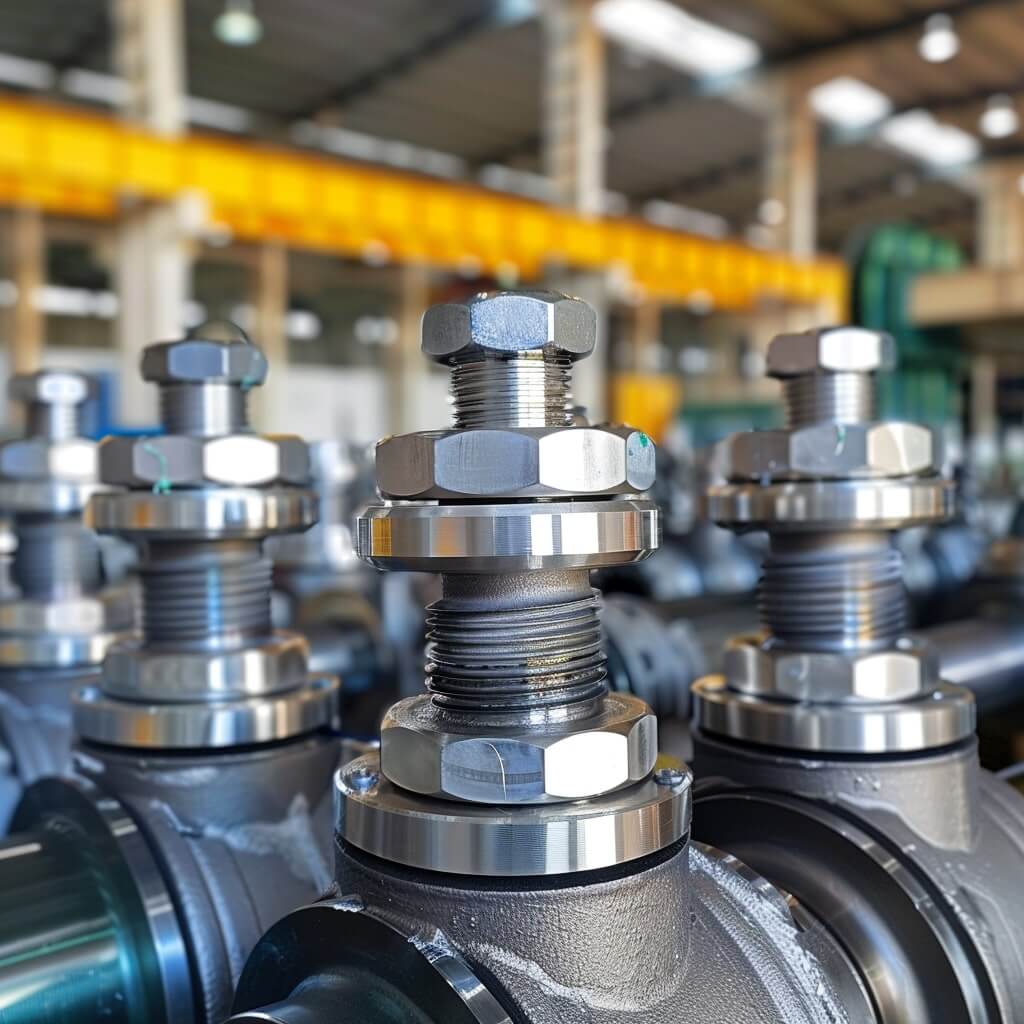Hydraulic motors are powerful components used to convert hydraulic energy into mechanical energy. These motors are integral to various industrial machines, offering precise control and the ability to operate in harsh environments. This article explores the advantages of hydraulic motors and their applications in industries that require robust performance, such as construction and manufacturing.
What is a hydraulic motor?
A hydraulic motor is a type of motor that uses hydraulic fluid to generate mechanical motion. As pressurized fluid flows through the motor, it drives a piston or vane, converting hydraulic energy into rotational mechanical energy. Hydraulic motors are known for their ability to generate high torque even at low speeds.



What are the advantages of hydraulic motors?
Hydraulic motors offer several key advantages:
- High Torque: Hydraulic motors provide high torque output, which is ideal for heavy-duty applications like excavators and crushers.
- Precise Control: These motors offer fine control over speed and direction, making them suitable for machinery requiring precision.
- Durability: Hydraulic motors are designed to withstand extreme environments, including high temperatures and moisture, ensuring long-lasting performance.
- Compact Design: Their small size allows them to be used in applications where space is limited.
Where are hydraulic motors used in industry?
Hydraulic motors are used in a variety of industries, including:
- Construction: In machinery like bulldozers, cranes, and drilling rigs to provide the power needed for heavy lifting and digging.
- Manufacturing: Hydraulic motors are used in conveyor belts, presses, and injection molding machines.
- Agriculture: In tractors, harvesters, and irrigation systems.
- Mining: Hydraulic motors are critical in mining equipment for tasks like drilling, crushing, and conveyor transport.
How do hydraulic motors assist in construction projects involving geonets?
In construction, hydraulic motors are essential in machinery used for trenching, digging, and setting up erosion control systems with geonets. These motors ensure that equipment runs smoothly, offering the necessary torque for precise soil stabilization and drainage. With their durability and ability to operate in tough conditions, hydraulic motors help ensure the success of construction projects that incorporate geonets for sustainable infrastructure.
Hydraulic motors provide high torque, precise control, and durability, making them indispensable in heavy-duty machinery. Their use in industries like construction, manufacturing, and agriculture ensures smooth and efficient operations, particularly when working with materials like geonets. These motors help improve the performance and reliability of equipment, reducing downtime and maintenance costs.
